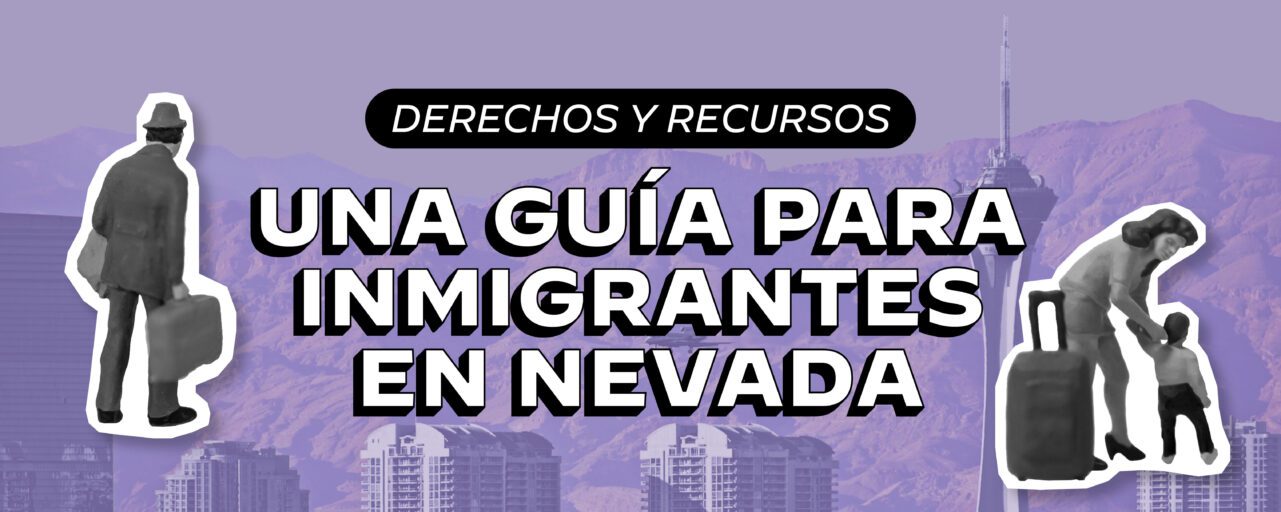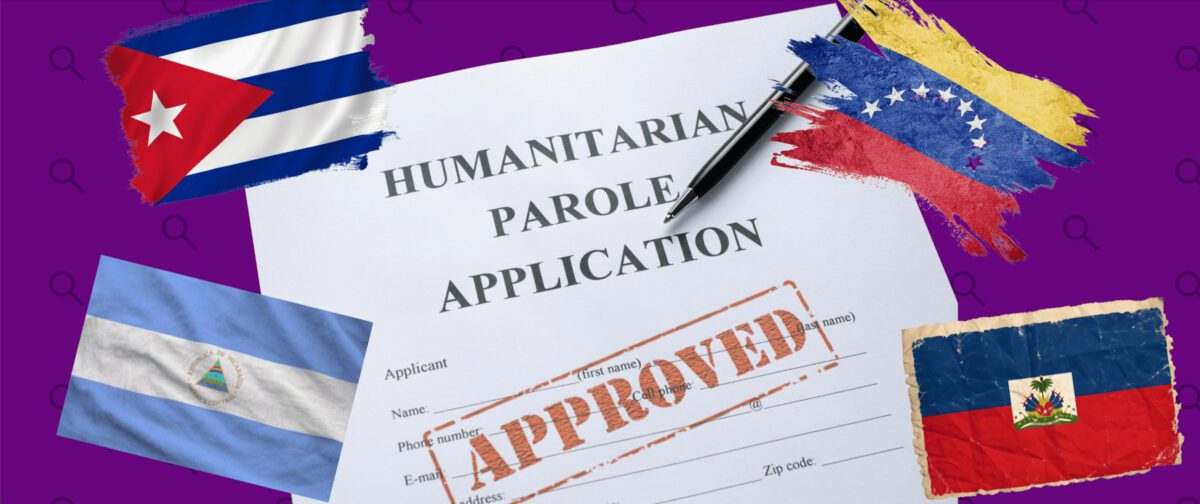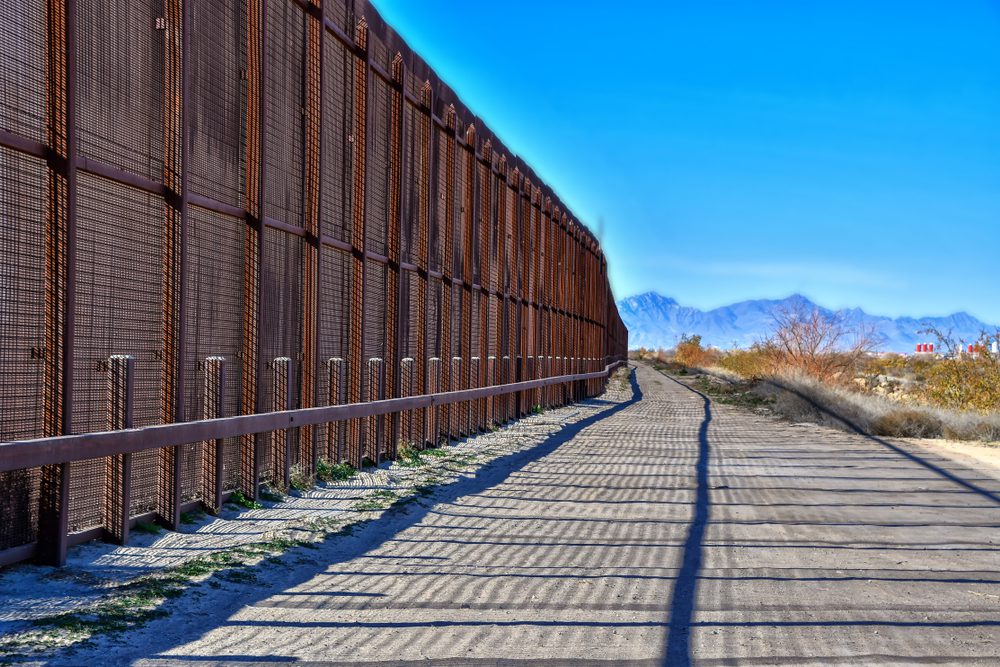
People hold up signs during the Harvard Students for Freedom rally in support of international students at the Harvard University campus in Boston, Massachusetts, on May 27, 2025. Harvard students protested Tuesday after the US government said it intends to cancel all remaining financial contracts with the university, President Donald Trump's latest attempt to force the prestigious institution to submit to unprecedented oversight. (Photo by Rick Friedman / AFP) (Photo by RICK FRIEDMAN/AFP via Getty Images)
When Harvard University filed suit to block the Trump administration’s latest immigration directive, it made national headlines. At the heart of the issue was a new policy allowing the federal government to deport international students on academic visas for even minor infractions, without warning, without hearings, and without any meaningful opportunity to defend themselves.
Across the state of Nevada, international students study, work, and live in our communities. At UNLV, UNR, CSN, and across Nevada’s college system, they are part of the fabric of academic life. They’re studying hospitality and healthcare, engineering and education. They are renting apartments, volunteering in local nonprofits, and tutoring in classrooms. They are our neighbors and our friends. And now, they’re being told they can be deported—instantly and without due process—if they stumble over an administrative form or if a class registration system glitches.
The US government, under this policy, reserves the right to remove students from the country due to what could be a clerical error. No appeal. No warning. No opportunity to explain. This isn’t just bad policy—it’s a moral failing. And a legal one, too.
Due process, which is the right to fair treatment through a transparent legal system, is a cornerstone of American democracy. It’s one of the principles that separates a nation of laws from a regime of unchecked authority. When the state can detain or deport someone without a fair process, we are not upholding the law, we are dismantling it.
Here in Nevada, a state built on opportunity and movement, we should feel this threat acutely. From the mining towns that welcomed workers from around the world, to Las Vegas casinos powered by a diverse and global workforce, to the university campuses that attract bright minds from across the globe—Nevada thrives when people come here to build a better future. That future is now under attack.
Let’s be clear: every nation has the right to enforce its immigration laws. That’s not in dispute. But enforcement must be rooted in fairness, transparency, and justice. The moment we allow policy to override ethics—especially the principle of due process, we’re not protecting our laws. The current administration is eroding them. That’s why Harvard and dozens of other institutions are pushing back. Not because they oppose immigration law, but because they understand that a society that strips people of rights based on arbitrary decisions cannot call itself free.
Nevadans should be paying close attention. Because today it’s international students. Tomorrow, it could be Temporary Protected Status (TPS) holders. The day after, it could be DACA recipients, it could even be green card holders who fail to update their addresses. The slippery slope is real, and history tells us that the erosion of rights rarely stops at the margins. Once we normalize punishment without a process for one group, it becomes easier to justify it for others.
We’ve seen how President Donald Trump’s immigration agenda has repeatedly tried to reduce people to numbers, to threats, to caricatures. But policies like this do more than target immigrants—they put our whole system of justice on trial.
And here’s where Nevada can lead. Our universities can publicly reaffirm their commitment to protecting international students. Our state officials—Democrats and Republicans alike—can speak out against policies that subvert the Constitution. Our congressional delegation can continue to push for immigration reform that upholds both the rule of law and human dignity.
More than that, Nevadans can raise our voices in defense of what makes this country great—not slogans or walls, but the idea that everyone deserves a fair shot. That everyone is innocent until proven otherwise. That everyone, no matter where they were born, deserves due process before the power of the state can be used against them.
Nevada has always been a place for second chances, for fresh starts, for big dreams. Let’s not allow this policy, or any future ones like it, to turn us into a place of fear, silence, and injustice. We must choose justice over expedience. Law over whim. Due process over authoritarianism. And we must make that choice loudly, clearly, and now.
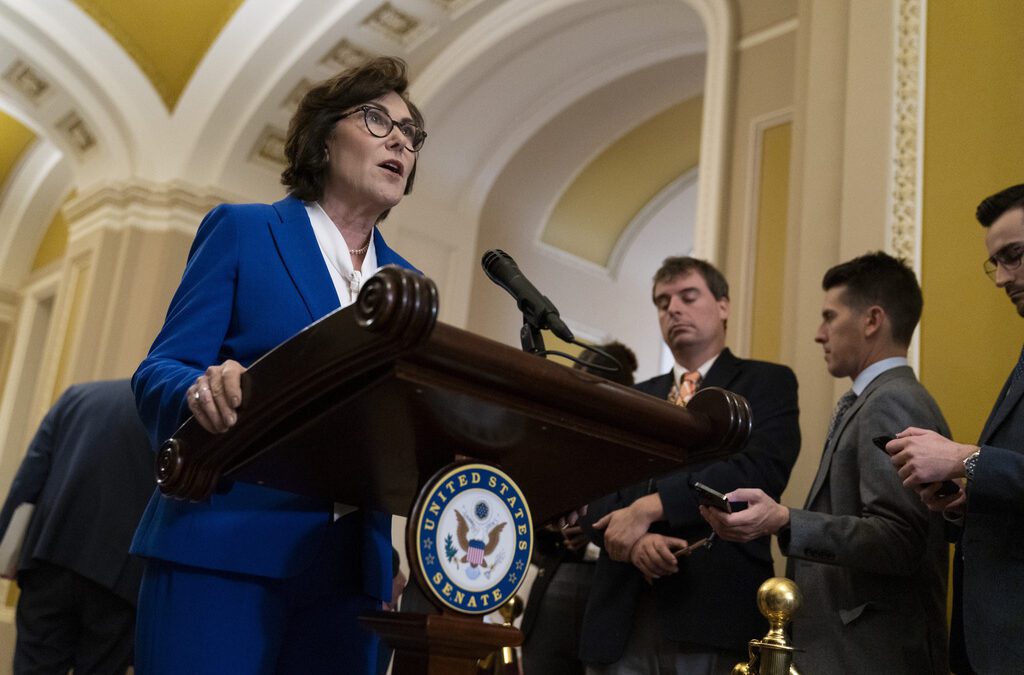
Senate Democrats block increased ICE funding bill
The decision could lead to a partial federal government shutdown. Senate Democrats blocked a US House-led spending bill days before the federal...
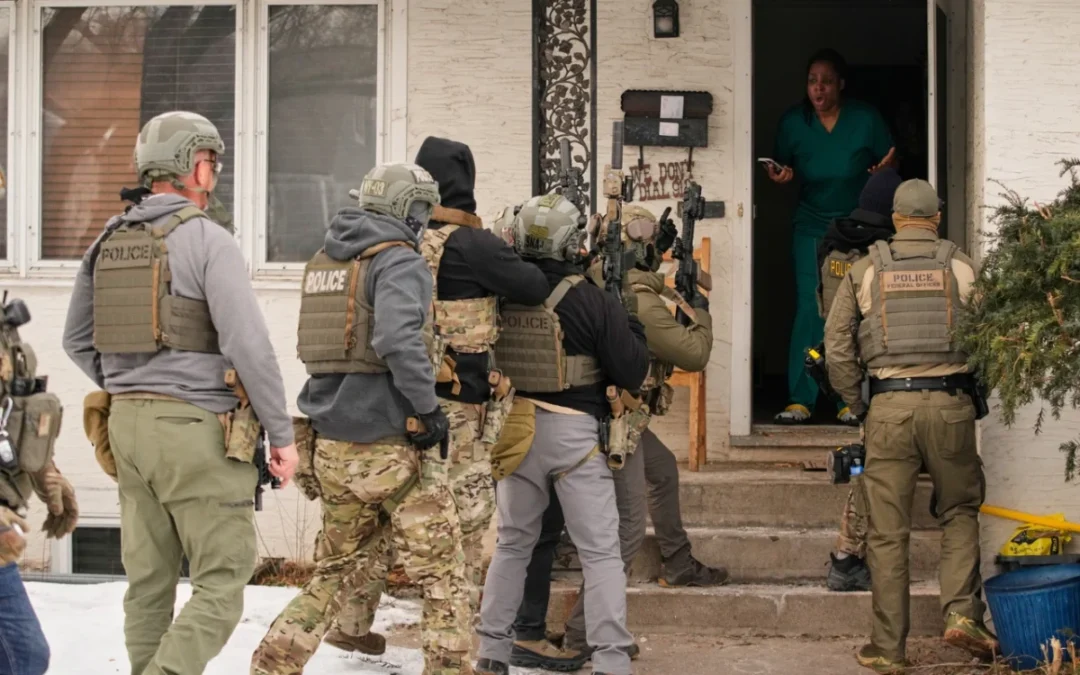
ICE autoriza entradas forzadas a hogares sin orden judicial: esto es lo que sabemos
Por Wendy Selene Pérez Si sólo tienes unos segundos, lee estas líneas: Un memorando interno de ICE autoriza a agentes a entrar por la fuerza a...

Immigration officers assert sweeping power to enter homes without a judge’s warrant, memo says
WASHINGTON—Federal immigration officers are asserting sweeping power to forcibly enter people's homes without a judge's warrant, according to an...
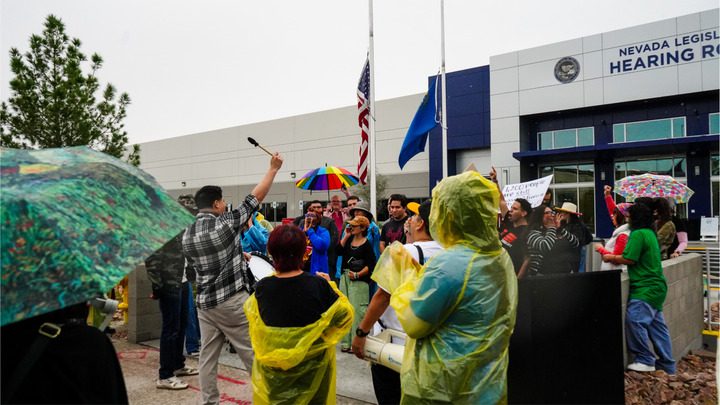
Advocates say Nevada lawmakers pushed “performative” immigration policy
As immigrant advocates pushed for increased ICE enforcement regulations, policies were crafted behind closed doors, locking out the most impacted...
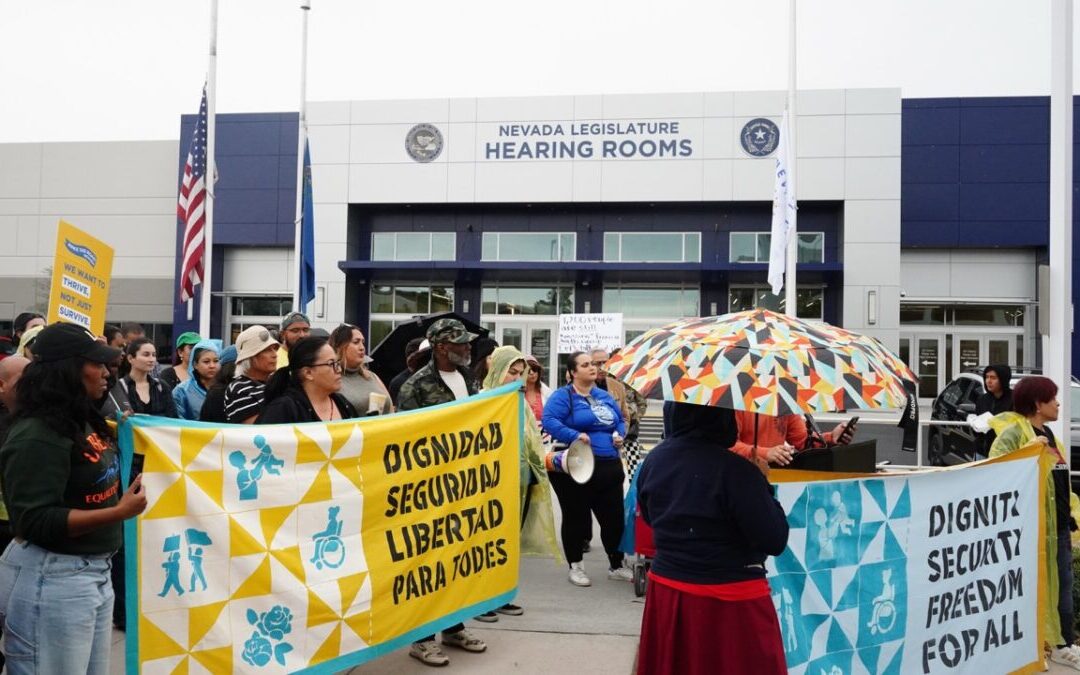
The curious case of the immigration resolution that immigrant advocates don’t want
By Jeniffer Solis, Nevada Current Federal immigration enforcement in Nevada wasn’t an issue listed on Republican Gov. Joe Lombardo’s formal...

Residentes y visitantes tendrán su foto y huellas tomadas al entrar y salir de los EE. UU.
Sí, es verdadero que EE. UU. tomará fotografías y huellas dactilares a residentes y visitantes al salir del país desde el 26 de diciembre Si sólo...



